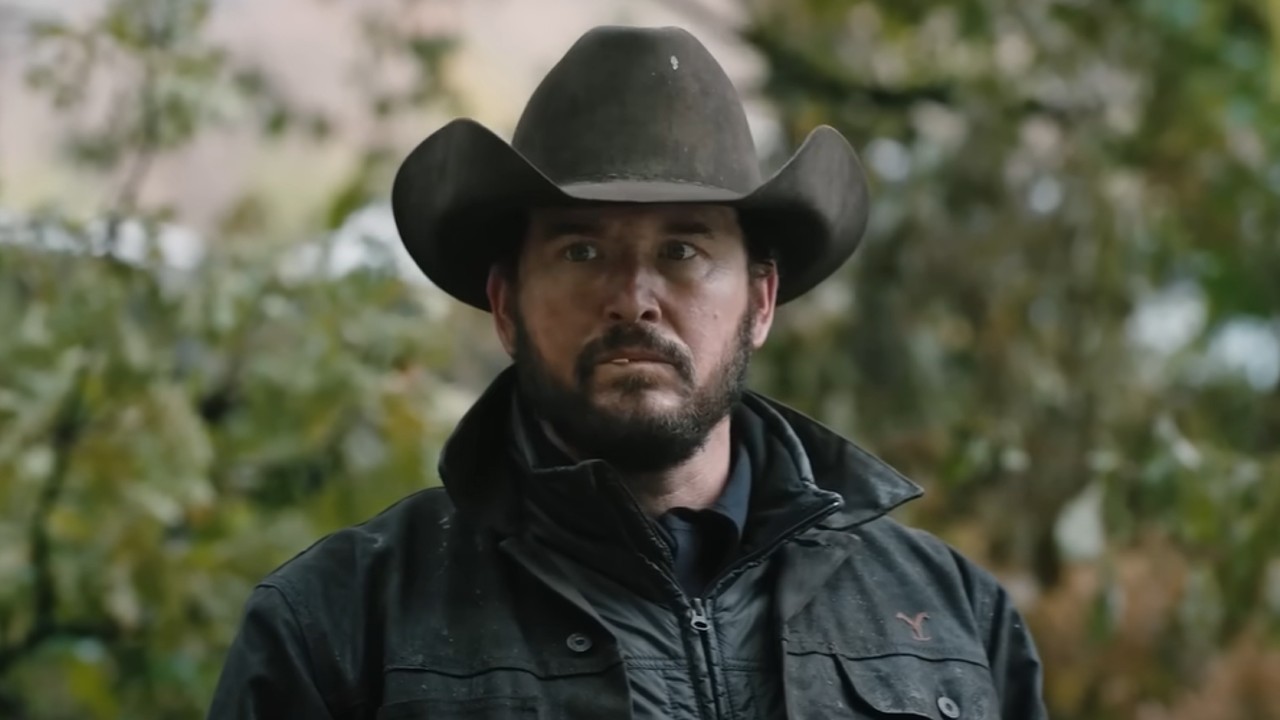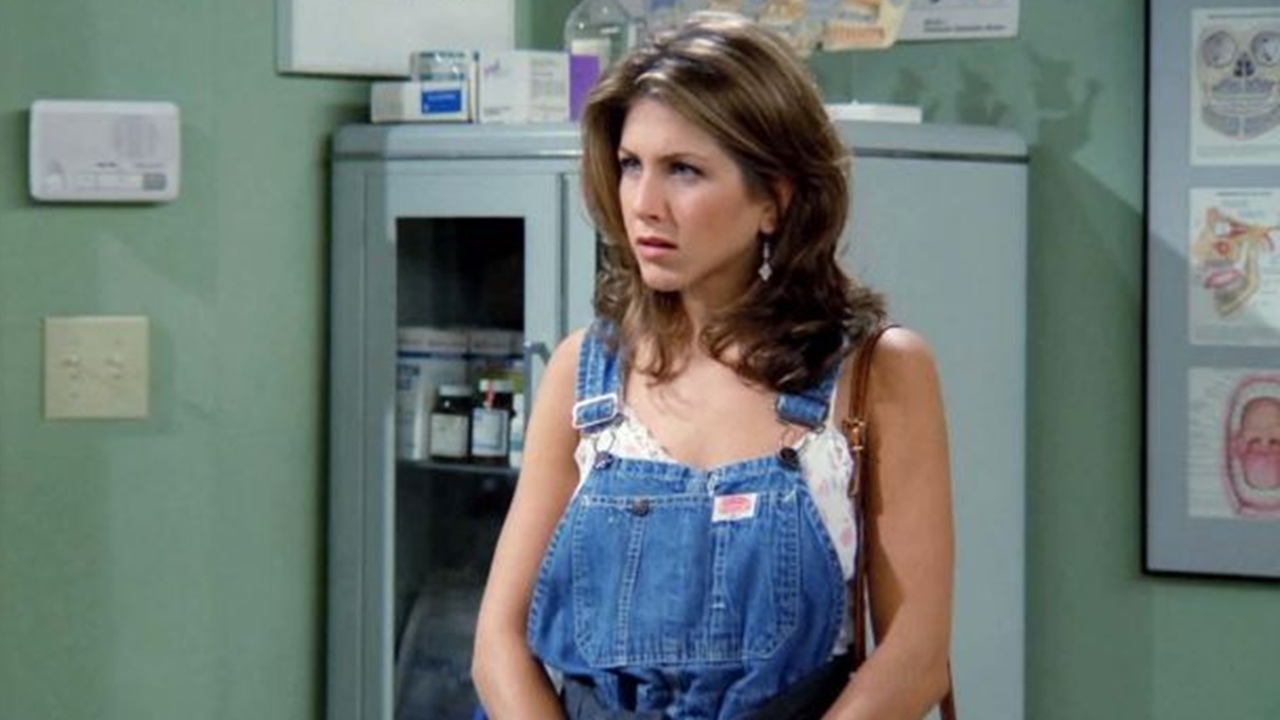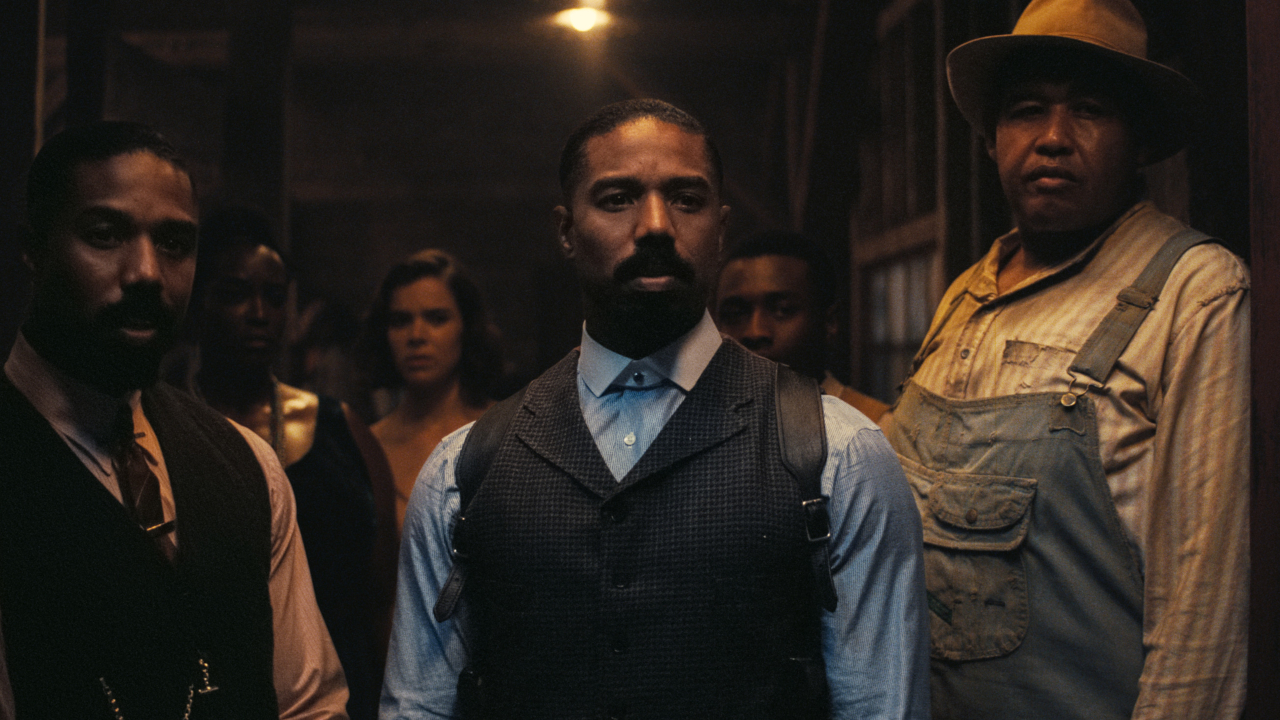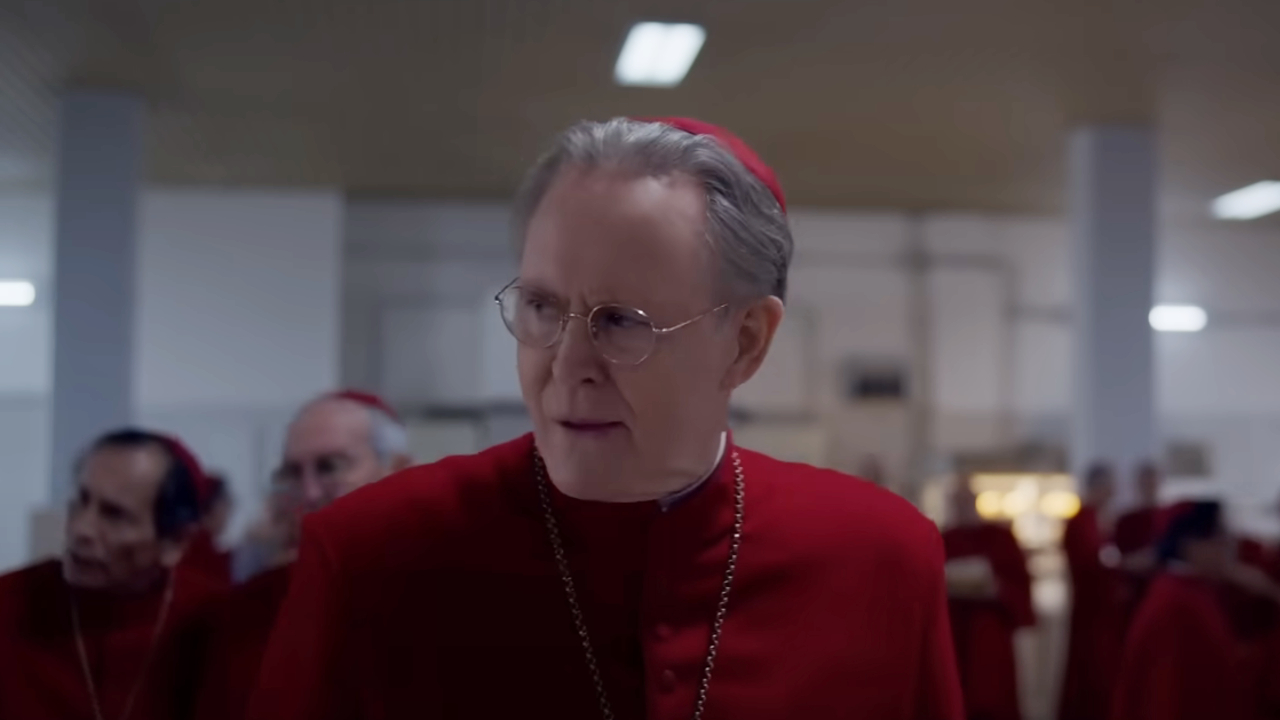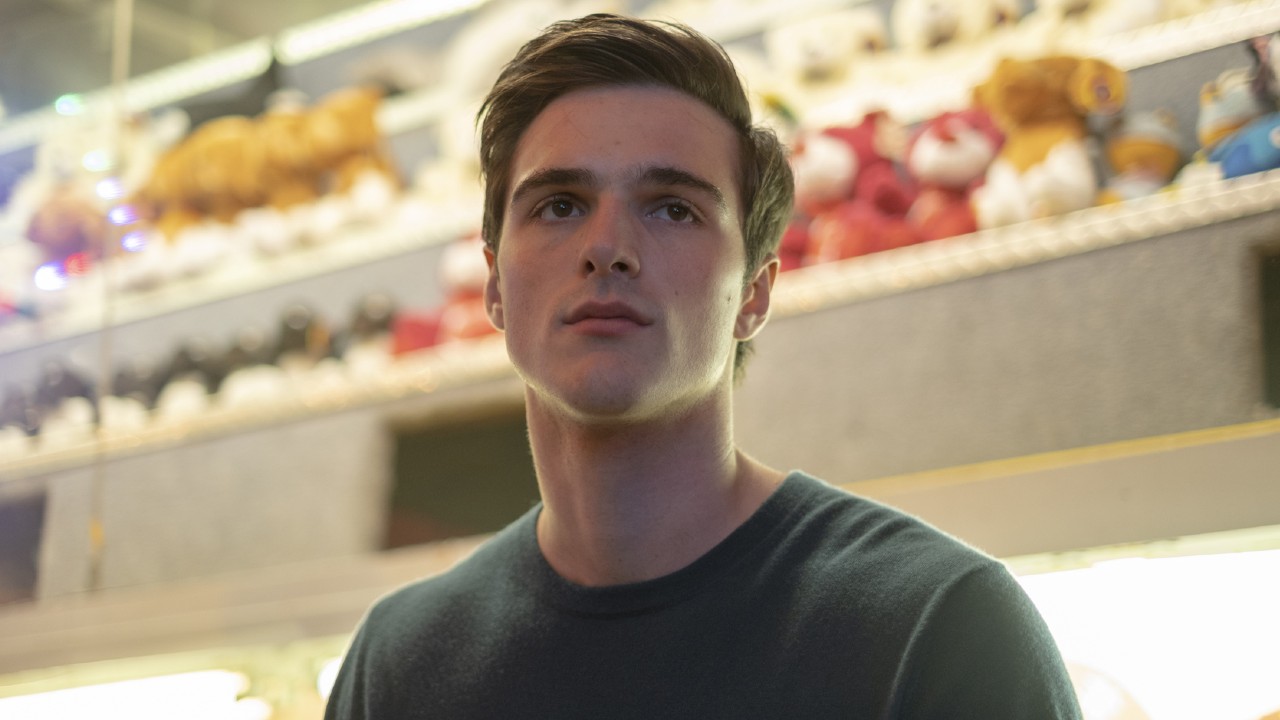Unsurprising: Netflix Survey Indicates People Like To Binge-Watch TV
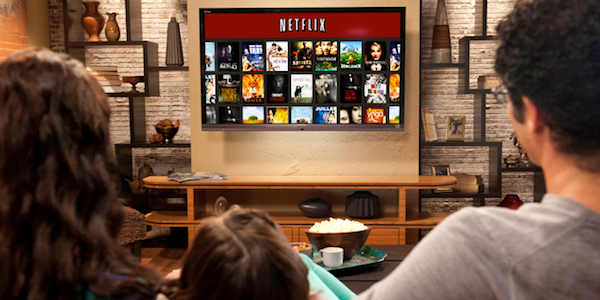
Binge-watching TV shows isn’t the way of the future. It’s the way of the present, as Netflix has demonstrated with the statistics listed in a survey they had done to examine how people are watching TV and how they feel about sitting through more than one episode at a time of the same TV show. While some might define binge-watching as a weekend-long marathon of non-stop TV watching, Netflix’s survey indicates that the majority of people define it as “watching between 2-6 episodes of the same TV show in one sitting.” 73% of people surveyed say that’s what qualifies as binge-watching, and 61% of the people survey said they binge watch regularly. 73% of people polled also admitted that they have positive feelings about binge-watching streaming TV content.
Netflix went through Harris Interactive to conduct this survey online, sticking to people in the U.S. surveyed in late November (2013). 3,078 adults aged 18 and older, of whom 1,496 stream TV shows at least once a week. Here’s a summary of some of the findings:
• Binge watching isn't an emerging trend or behavior: it's mainstream and the new normal. 61% binge watch regularly. (2-3 episodes of a single TV series in one setting).• 73% viewed binge watching as positive.• Dispelling conventional wisdom--binge watching is actually moderate behavior (avg of 2.3 episodes/sitting). And it's consistent across demographics—though 18-34 binge watches slightly more.• Viewers see binge watching as engaging and immersive, and TV improving in quality--2/3 say there is simply too much good TV to watch. Quite the evolution from a few decades ago when the then FCC Chairman called TV "A vast wasteland".• 76% of TV streamers said watching several episodes at a time as a welcome refuge from the busy world we live in.• In a highly fragmented 140 character 24/7 world, viewers are seeking out longer form, complex storytelling.• The experience is better: 79% say binge watching makes the actual show better. •
It’s not difficult at all to see why Netflix would be eager to share this data, as it supports the service’s method of offering unlimited streaming content to their subscribers, as well as their choice to deliver a full season at a time for their own original programs, allowing viewers full control over how they watch their shows. According to Netflix’s Ted Sarandos, Netflix’s viewing data indicates that people like having the full season up front:
"Our viewing data shows that the majority of streamers would actually prefer to have a whole season of a show available to watch at their own pace. Netflix has pioneered audience choice in programming and has helped free consumers from the limitations of linear television. Our own original series are created for multi-episodic viewing, lining up the content with new norms of viewer control for the first time."
It's not at all surprising that people would prefer Netflix’s season-at-a-time approach, as it puts the control in the hands of the individual viewer. Each person can decide how they want to watch, whether they watch numerous episodes at a time or take a slower approach in spreading each season out by watching one episode per sitting.
Of course, it’s also understandable that networks and streaming services might see the drawbacks to such an approach, as it can create issues with trying to promote the series and generate buzz. Amazon Studios, for example, outright said they’re not releasing their original content all at once because they want people to be able to talk openly about the show without fear of spoiling things for people who aren’t caught up. And their data says social media buzz drops more drastically over time for binge-watched shows than it does for shows that air week-to-week, so in the case of Amazon, it seems to be an effort on the part of that service to maintain some control over who’s talking about their stuff and when.
But they may be fighting a losing battle there, as Netflix’s survey confirmed that more than a third of the people questioned (37%) said they prefer to save new TV series or seasons to stream at a later date. And that’s understandable, as it’s probably easy to resist interest and curiosity about a show you’ve never seen before, even if it’s getting some good buzz. Easier to wait until the full season’s out -- and preferably when there’s word of a second season renewal -- and watch it all at once at their leisure. Meanwhile, for returning shows, even if interest is high, viewers may find the show more enjoyable when watching episode after episode, minus the agony of waiting to see what happens next, one week at a time.
Speaking for myself, there are three different kinds of TV-watching scenarios. There’s the “it’s the evening and I’m zoning out” primetime TV time, where I watch whatever preferred show is on. There’s the must-watch/can’t-miss/don’t-want-to-be-spoiled TV that I will actively carve out time in my schedule to watch when it airs live (this consists of a handful of shows at most). And then there’s the stuff I’ll DVR and watch when it's convenient, and occasionally fall behind on completely and wait for Netflix to get caught up. I’m thinking other viewers have a similar set of categories, whether they realize it or not, and in the end, it varies based on what’s of most interest to people, what else they have going on in their lives and how they want to (and can) watch their TV. Control is crucial, but so is quality. I’ll tune in at a specific time, on a specific night each week for one episode of a show, and I’ll even wait weeks or months for more episodes, but my interest and dedication relies heavily on how good that series is.
CINEMABLEND NEWSLETTER
Your Daily Blend of Entertainment News
With that in mind, we could argue that Netflix’s approach is an effort to compensate for sub-par programming, but it’s really not. Some of their original shows, including Orange is the New Black and House of Cards, are on par with premium cable these days. They have the goods. They don't need a gimmick to make people watch. But releasing this survey does indicate that they see the value in the approach they’re taking, and it’s putting them ahead of the pack in terms of how other networks and services release their content.
Here’s part of a great speech Kevin Spacey gave on Netflix's approach to TV development and distribution:

Kelly put her life-long love of movies, TV and books to greater use when she joined CinemaBlend as a freelance TV news writer in 2006, and went on to serve as the site’s TV Editor before joining the staff full-time in 2011 and moving over to other roles at the site. At present, she’s an Assistant Managing Editor who spends much of her time brainstorming and editing features, analyzing site data, working with writers and editors on content planning and the workflow, and (of course) continuing to obsess over the best movies and TV shows (those that already exist, and the many on the way). She graduated from SUNY Cortland with BA in Communication Studies and a minor in Cinema Studies. When she isn't working, she's probably thinking about work, or reading (or listening to a book), and making sure her cats are living their absolute best feline lives.

